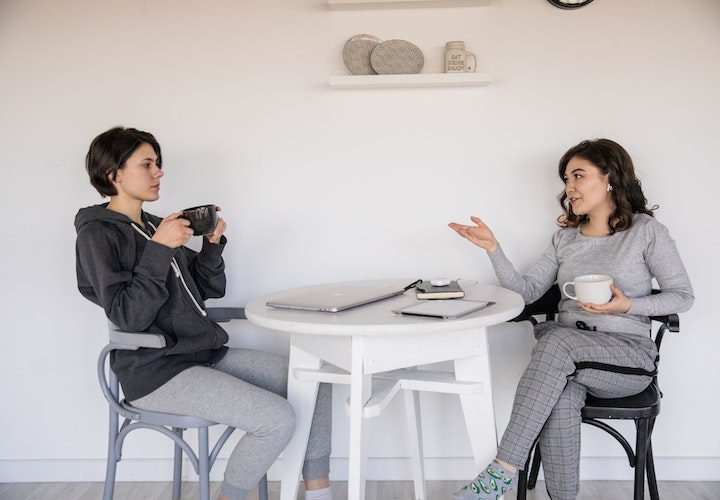7 Strategies for Improving Communication with Your Loved One
During
#1: Listen First
The core first step in learning to communicate is to learn to listen. When someone else is speaking, truly listen to what they are saying. Even if you disagree with them or aren’t interested in what they’re talking about, listening shows the person that you care about them. It also helps you understand the intentions or feelings behind their words. Listening closely can tune you into the nonverbal messages and thus make it possible to respond to the person’s true needs.
#2: Avoid Being Defensive
When you’re talking to other people, especially about your addiction, it can be hard not to be defensive. You don’t want anyone telling you that they know better, or they understand. But instead of reacting, try to be open and thoughtful. Allow people to voice their opinions without taking personal offense to them. Again, that’s not easy to do, but it can help you to maintain your composure so that you can then share your own experience.
#3: Monitor Your Body Language
Body language is a big part of communication, and most people don’t realize it. Your posture can show that you’re listening and interested. Having your arms uncrossed and relaxed communicates that you’re not hiding anything and that you’re open to the conversation, whereas having them folded in front of you often means you’re limiting what you say. What is your body language communicating to others? What is their body language saying to you?
#4: Make It a Point to Be Honest
It’s easy to find yourself overwhelmed by other people’s opinions and needs. Sometimes it’s just easier to tell them what they want to hear so they leave you alone. But not being truthful is a path to discontent, disconnection, and possible
#5: Be as Open as You’re Comfortable Being
Even though honesty is important, that doesn’t mean you have to share all of your personal information with anyone who asks for it. If you’re not comfortable talking to someone about your addiction, you don’t have to. At the same time, being open about your struggles is freeing. It allows you to deepen
#6: Make Conversations a Two-Way Street
In
#7: Focus on the Positive
Addiction treatment isn’t always fun. There’s a lot of baggage and pain to work through. During that process, be as positive as you can with yourself and others. Positive self-talk means giving yourself encouraging messages and rejecting any negative thoughts, guilt, and shame that you have. This is hard to do and requires constant vigilance, but when you consistently redirect your self-talk and conversations with others toward the positive, you’ll find it’s easier to open up on an ongoing basis.
Being a pro at good communication takes time. It’s something you’ll learn more about in your
Share This Post:








